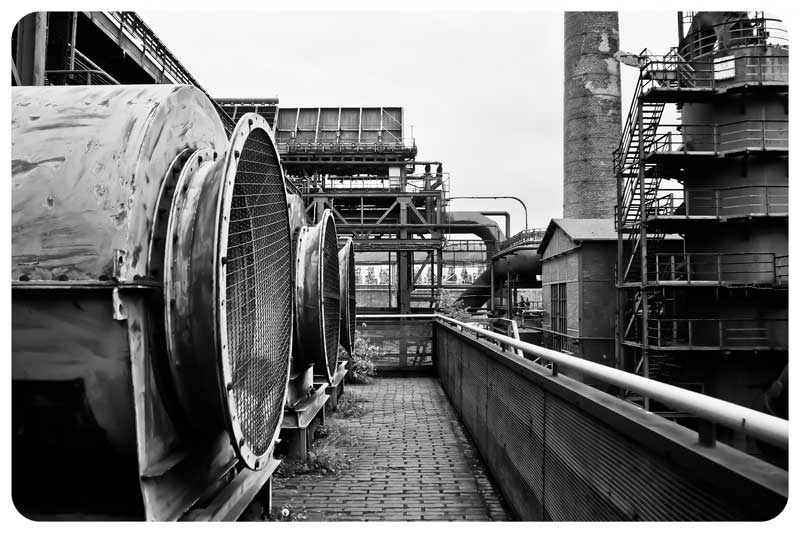
403
Sorry!!
Error! We're sorry, but the page you were looking for doesn't exist.
EU decreases Russian LNG imports amid geopolitical tensions
(MENAFN) The European Union's energy landscape witnessed notable shifts last year, with its imports of liquefied natural gas (LNG) from Russia experiencing a marginal decline subsequent to a pronounced surge in 2022. This trend underscores the EU's strategic endeavors to diversify its energy sources and reduce dependency on singular supply chains. Against this backdrop, policymakers in Brussels are actively crafting a draft legislation that could grant individual member states the authority to prohibit imports of Russian gas, encompassing both pipeline and LNG variants.
The genesis of this legislative initiative can be traced back to the onset of the Russian-Ukrainian conflict approximately two years ago, which precipitated a reassessment of Europe's reliance on Russian energy imports. This prospective law, under deliberation, has elicited varied perspectives from traders and analysts. While some anticipate that such regulatory measures could facilitate a phased reduction in energy imports from Russia without destabilizing the European gas market significantly, others remain vigilant about potential repercussions and market dynamics.
Interestingly, amidst the fluctuations in Russian gas imports, the EU has experienced a concomitant uptick in LNG shipments from the United States, filling the void created by diminished Russian supplies. As delineated by data from S&P Global Commodity Insights, LNG constituted approximately 13 percent of the EU's overall energy supplies in the preceding year. Delving deeper into the specifics, 2022 witnessed EU's imports of Russian LNG stabilizing at a voluminous 20.5 billion cubic meters, registering a substantial 30 percent augmentation relative to the figures recorded in 2021.
In a significant policy shift, the EU envisions potentially empowering member states with the prerogative to suspend or curtail gas imports originating from Russia and Belarus. Embedded within this legislative proposal is a provision that could empower member states to obstruct entities from Russia and Belarus from securing capacities in pipelines and LNG terminals within the EU's jurisdiction. Furthermore, this regulatory framework might furnish EU energy corporations with an avenue to extricate themselves from contractual obligations with Russian gas suppliers, potentially alleviating the financial burden associated with substantial compensatory liabilities.
In summary, the EU's evolving energy policies and legislative initiatives reflect a nuanced approach to balancing geopolitical considerations with strategic energy diversification objectives. As Brussels navigates these intricate dynamics, the ramifications of such regulatory frameworks will reverberate across global energy markets, shaping future supply dynamics and geopolitical alignments.
The genesis of this legislative initiative can be traced back to the onset of the Russian-Ukrainian conflict approximately two years ago, which precipitated a reassessment of Europe's reliance on Russian energy imports. This prospective law, under deliberation, has elicited varied perspectives from traders and analysts. While some anticipate that such regulatory measures could facilitate a phased reduction in energy imports from Russia without destabilizing the European gas market significantly, others remain vigilant about potential repercussions and market dynamics.
Interestingly, amidst the fluctuations in Russian gas imports, the EU has experienced a concomitant uptick in LNG shipments from the United States, filling the void created by diminished Russian supplies. As delineated by data from S&P Global Commodity Insights, LNG constituted approximately 13 percent of the EU's overall energy supplies in the preceding year. Delving deeper into the specifics, 2022 witnessed EU's imports of Russian LNG stabilizing at a voluminous 20.5 billion cubic meters, registering a substantial 30 percent augmentation relative to the figures recorded in 2021.
In a significant policy shift, the EU envisions potentially empowering member states with the prerogative to suspend or curtail gas imports originating from Russia and Belarus. Embedded within this legislative proposal is a provision that could empower member states to obstruct entities from Russia and Belarus from securing capacities in pipelines and LNG terminals within the EU's jurisdiction. Furthermore, this regulatory framework might furnish EU energy corporations with an avenue to extricate themselves from contractual obligations with Russian gas suppliers, potentially alleviating the financial burden associated with substantial compensatory liabilities.
In summary, the EU's evolving energy policies and legislative initiatives reflect a nuanced approach to balancing geopolitical considerations with strategic energy diversification objectives. As Brussels navigates these intricate dynamics, the ramifications of such regulatory frameworks will reverberate across global energy markets, shaping future supply dynamics and geopolitical alignments.

Legal Disclaimer:
MENAFN provides the
information “as is” without warranty of any kind. We do not accept
any responsibility or liability for the accuracy, content, images,
videos, licenses, completeness, legality, or reliability of the information
contained in this article. If you have any complaints or copyright
issues related to this article, kindly contact the provider above.
Most popular stories
Market Research
- Thinkmarkets Adds Synthetic Indices To Its Product Offering
- Ethereum Startup Agoralend Opens Fresh Fundraise After Oversubscribed $300,000 Round.
- KOR Closes Series B Funding To Accelerate Global Growth
- Wise Wolves Corporation Launches Unified Brand To Power The Next Era Of Cross-Border Finance
- Lombard And Story Partner To Revolutionize Creator Economy Via Bitcoin-Backed Infrastructure
- FBS AI Assistant Helps Traders Skip Market Noise And Focus On Strategy




















Comments
No comment